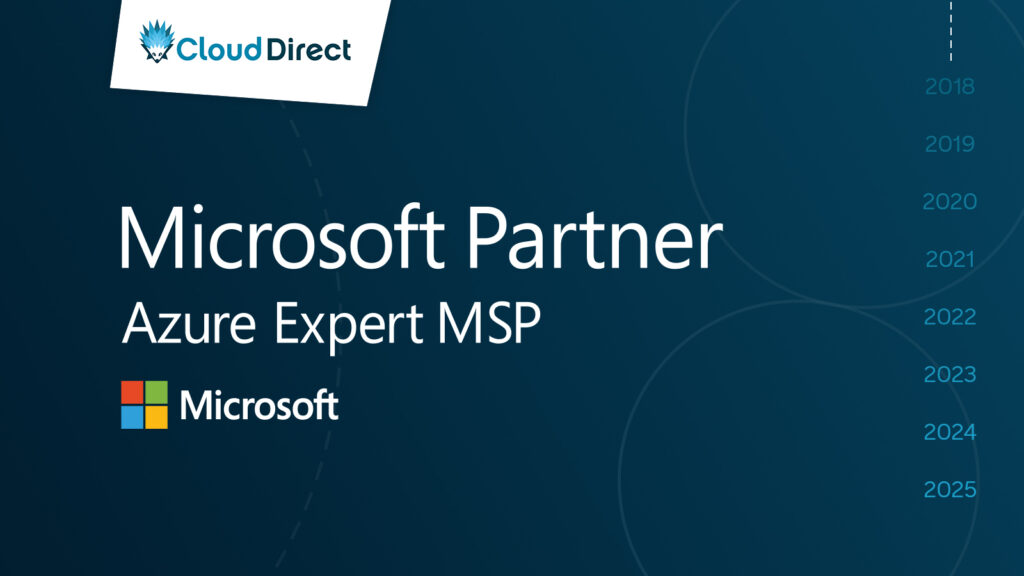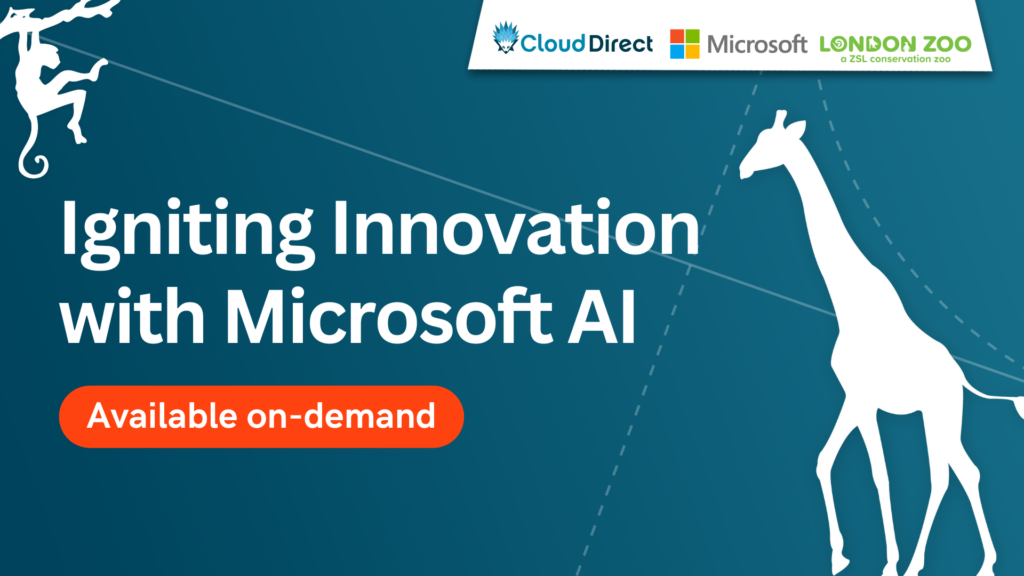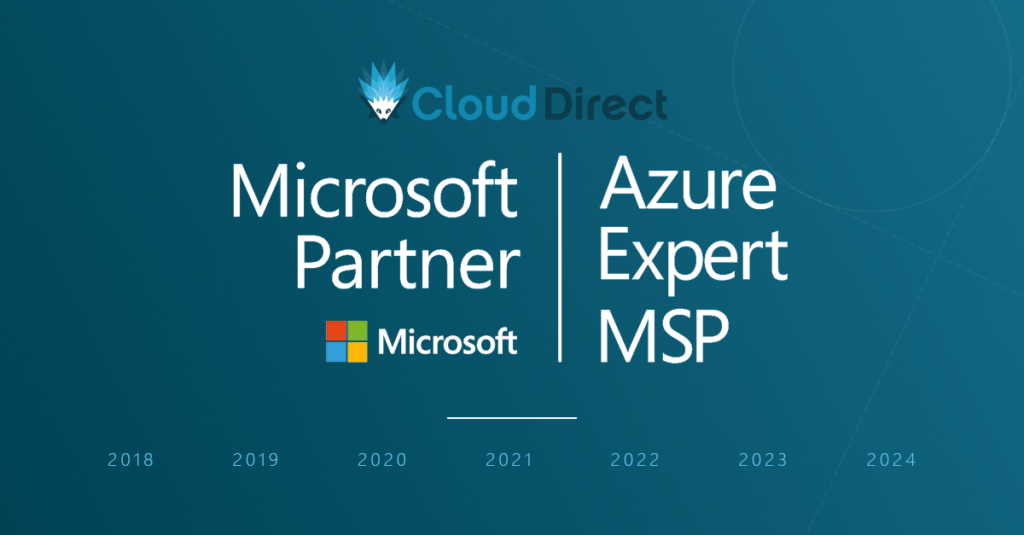
Futurist Ray Kurzweil has a lot of faith in the future of AI. If his prediction is correct, the impact on the way everyone does business will be huge:
‘Artificial intelligence will reach human levels by 2029. Follow that out further…and we will have multiplied the intelligence, the human biological machine intelligence of our civilization a billion-fold.’
It’s fair to say that Kurzweil is bullish about AI, its capabilities in the coming years, and the role it will play in our lives. But what are the facts behind the AI hyperbole? Why does your business need to be ready for it?
We recently conducted a survey that asked organisations if they’re prepared to implement AI and machine learning. Here’s what we found out, and why the results are significant.
Businesses see AI saving them money – and making it
The applications of AI are countless and are only limited by an organisation’s ability to implement them. As AI moves beyond cost efficiency, expect to see a rise in revenue generated by automation.
Most of our respondents saw cost efficiency and customer service as the major areas that AI would positively impact for them. Which isn’t surprising. AI automates busy-work and increases productivity(especially when it comes to compliance-related tasks). It makes use of data to benefit operational efficiency and improves customer relations by effectively managing customer service. It does these things already, and does them very well.
What could you gain?
There is, however, a definite shift taking place. 21% our respondents saw the potential to change their go-to-market strategy. MIT’s investigation of organisations further along in their AI journey found that a significant number of them are ‘prioritising revenue-generating AI applications over cost-saving ones.’ This suggests that AI is poised to not only save these businesses money, but start making them significant amounts, too.
How, though? AI requires a solid infrastructure, as mentioned before, but it also requires machine learning to vastly improve inefficiencies in products and processes. Making use of the technology’s processing power during ideation and market research puts a near-boundless amount of flexible, customisable knowledge at your disposable. While real-time data analysis allows for minute refinements in the production or service-provisioning process.
The ability to manage customer relations is a major part of the money-making puzzle. Developments in machine learning capabilities could lead to applications intelligent enough to successfully handle the sales process from start to finish, with data collection and analysis leading to decision making, product refinement and customer service delivery.
How can you get ready?
Widen your scope. Don’t just think about areas in which AI can help you save money or send the right email to the right lead and start thinking about ways in which it could help you improve your product or service further down the line.
Be imaginative, optimistic and aspirational, and take a wish-list to the experts. They’ll know what you need to reach your AI goals.
Half of businesses have the infrastructure and skills they need to take advantage of AI
Around half of the businesses we spoke to already have the infrastructure and skills they need to make use of AI.Half didn’t.
Investing in infrastructure – in this case, the kind of cloud processing power you’ll need to implement a business-changing AI program – is a necessity.
A global survey of CIOs across a broad range of industries revealed that 72% of those working in digital-forward organisations – and 58% of those in ‘baseline organisation’s – saw AI and machine learning as a priority in terms of investment in the next three years.
What could you gain?
Why are these CIOs so interested in AI? Because they know it’s the future of efficient data analysis, decision making and business growth. According to analytics expert Thomas H. Davenport’s The AI Advantage, there are three stages to an organisation’s AI adoption:
- Assisted intelligence makes use of data on a far greater scale than we’ve ever seen;
- Machine learning mimics human cognitive skills to produce informed analysis of data;
- And finally, autonomous intelligence brings decision-making into the mix.
The future of AI for business is bright. Davenport’s three stages point to a future in which AI is making the kinds of business decisions that the C-suite usually managesand is doing so based on an in-depth knowledge of regulations, industry processes and tailored data analysis. Who knows, business decision-making in the future could approach a kind of logical perfection! The C-suite won’t be replaced, but they’ll have an assistant with superhuman brain-power by their side.
How can you get ready?
Again, you’ll want to take an inventory of what you already have. Is there a solid foundation to build on, or do you need a ground-up cloud solution to refresh your infrastructure and make room for AI? Consult with your IT department and involve them in the decision-making process, then open lines of communication with an MSP that can take stock of your situation and make structural recommendations.
The same goes for your staff. 80 percent of respondents to an EY survey on AI cited a lack of skills as the biggest hurdle to implementing a successful AI strategy. Make sure you’re training existing staff, hiring strategically and fostering relationships with MSPs to fill in knowledge gaps. Without the skills necessary to make the most of AI technologies, you’ll doubtless miss out on some of its most significant capabilities.
Only 32% of businesses have a fully mapped-out AI strategy
The majority of businesses aren’t yet ready to implement AI and make use of its benefits. When we asked whether people were strategising for AI, most respondents either completely lacked a strategy or didn’t yet have a fully thought-through plan.
What could you gain?
The respondents in the not-so-prepared camp need to rectify this. Why? From a positive perspective, AI and automation has the potential to massively benefit organisations no matter the industry they’re in.
A recent study from McKinsey found that businesses in industries such as insurance and travel will see tens of billions of dollars in positive impact with the arrival of advanced automation and machine learning. In fact, an article written earlier this year by analysts at Deloitte began by arguing that:
‘As AI technologies standardise across industries, becoming an AI-fueled organisation will likely be table stakes for survival.’
How can you get ready?
Essentially, if your organisation isn’t prepared to make use of automation, it’ll be missing out on the two percent year-on-year productivity growth that it creates. Building out a full AI strategy is the first step. Ask yourself whether you’ve got the infrastructure, in-house expertise and budget set aside to make the most of what’s to come. Look for resources on automation and AI infrastructure, and where it might positively impact your existing business model.
If you’re involved in production, for example, installing sensors along the production line will gather masses of data that can save huge amounts of time and money by recommending proactive maintenance and cutting production inefficiencies. Machine learning then makes use of the huge amounts of data that these sensors generate, and are the backbone of the ‘smart factories’ forecast to generate trillions of pounds in the next few years. This will funnel data into an AI platform that can point out inefficiencies, saving you money where it was wasted before. Once you’ve gotten as far as you can with the knowledge you already have, it’s time to bring in the experts.
What we’ve learned
The results of our survey, which gathered 100 responses from participants in a variety of industries, have given us several valuable insights. The key takeaway, however, is that:
Getting ready for AI – whether that means training and hiring staff, building your infrastructure or even preparing a basic strategy – is a necessity.
Almost a third of our respondents already have an AI strategy, and a further third have begun the work. AI readiness is no longer an option; it’s a necessity if you want your organisation to remain competitive and continue to grow.
There’s a lot to be excited about when it comes to AI’s future in your business. Starting out on the right foot in terms of infrastructure and strategy means you’ll avoid any obstacles that might get in the way of the benefits that the technology promises.To find out more about how your business can build the foundations of automation and get ready for AI, speak with an expert today.







